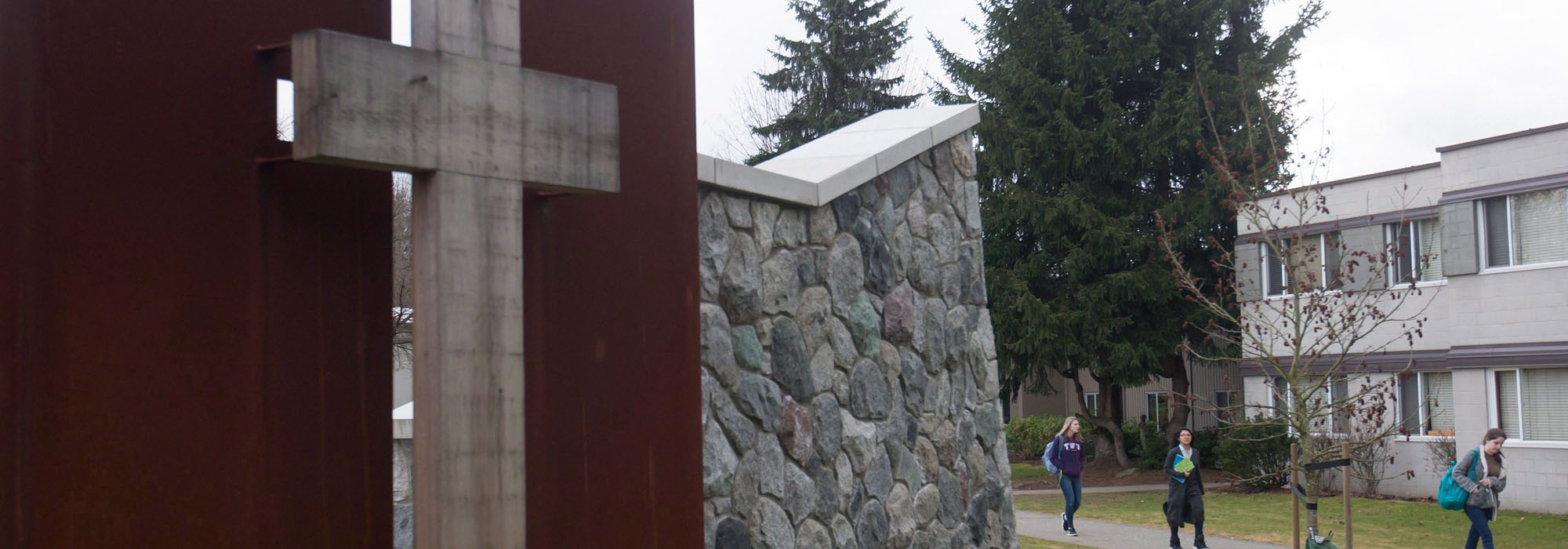
To no one’s surprise, the Supreme Court of Canada agreed on February 23 to hear two appeals concerning the quest of Trinity Western University (TWU) to have the law school at its campus in Langley, BC, accredited so that its graduates can practise law. Much ink has been spilled (including in this magazine) over the constitutional law issues at play in the case: the equality interests of the LGBTQ community and the freedom of religion of a minority Christian community.
What is frequently forgotten is the framework through which to view the issue – which “standard of review” to employ.
The governing bodies of the legal profession in each province are empowered by provincial legislation to decide which schools’ graduates they will recognize. Should the law societies of British Columbia and Ontario, which declined to accredit TWU’s law school, be deferred to in administering their own authority? Should their decisions be granted deference by the courts even when they affect constitutional rights? How courts should regard the actions of administrators is the paramount question of administrative law – the domain that governs the many agencies and entities that implement the statutes passed by elected representatives. The Supreme Court of Canada has been struggling with this important but not headline-grabbing issue in recent years. Its decision on the appropriate degree of deference could affect the result not only in this case but in countless others.
Making administrative decisions on capricious and arbitrary grounds is simply unlawful, even for entities that have been given discretionary powers. The right to turn to the courts for “judicial review” of unlawful exercises of governmental powers is constitutionally guaranteed in Canada. But most administrative decisions are rather mundane, if still consequential. The modern administrative state — as the operational systems established by governments are sometimes called — touches innumerable aspects of our lives, well beyond the accreditation of law schools. Hospitals run procurement processes. Energy regulators set rates. Human rights tribunals investigate discrimination.
All these actions are subject to judicial review, but having the courts go through them with a fine-tooth comb is neither realistic nor desirable. Therefore, courts apply a different “standard of review” in administrative law than they do in many other cases: they look for reasonableness, not correctness. Courts defer to administrators’ interpretation of the law so long as that interpretation is “reasonable.”
But should this standard apply even when constitutional rights are at stake? In a 2012 decision, Doré v. Barreau du Québec, the Supreme Court said it should. The Court held that the traditional method for analyzing possible violations of rights guaranteed by the Charter, known as the Oakes test, does not apply in the administrative law context. Rather, in recognition of administrative decision-makers’ own expertise in balancing any conflicting “Charter values” at stake, the Court said a robust reasonableness analysis should apply instead.
Doré has been criticized, and for good reason. The Oakes test already allows legislatures some leeway in determining “reasonable limits” on Charter rights. But Doré implies that the courts will be more deferential to unelected administrative decision-makers than to elected legislators in determining “reasonable limits” on Charter rights.
The Supreme Court has been divided on numerous occasions this decade on whether and when there should be exceptions to the rule of deference to administrators.
The Supreme Court has been divided on numerous occasions this decade on whether and when there should be exceptions to the rule of deference to administrators. The constitutional context is an example. Indeed, a minority of the Supreme Court ignored Doré in a 2015 decision concerning a Catholic high school’s request for an exemption from a curriculum mandate. This leads one to imagine that Doré’s days might be numbered.
Fortunately — or ominously —the TWU case will give the Supreme Court a chance to rectify this state of affairs. It thus has the potential to have implications far beyond the specific case before it. But the narrow dispute over competing rights at the university is so important — and so headline-grabbing — that one fears the forest could be missed for the very large tree.
The law societies of Ontario and British Columbia object to TWU’s “community covenant,” which prohibits “sexual intimacy that violates the sacredness of marriage between a man and a woman.” The covenant, which students must commit to respect, obviously discriminates against the LGBTQ community. The law societies argue that their refusal to accredit TWU’s law school advances an important social interest: equality. (As Léonid Sirota has noted, the covenant is also profoundly illiberal, but that seems to have caused less controversy.) For its part, TWU submits that its right to exist as a minority religious community is jeopardized when bodies administering provincial statutes — the law societies — refuse to accommodate its religious character.
The Courts of Appeal of British Columbia and Ontario have reached conflicting decisions on whether their provinces’ law societies struck an appropriate balance between the competing interests at play. The BC Court of Appeal held that the only reasonable balancing of the equality and religious freedom interests is to accredit TWU’s law school. The court wrote that the case demonstrated how “a well-intentioned majority acting in the name of tolerance and liberalism, can, if unchecked, impose its views on the minority in a manner that is in itself intolerant and illiberal.” The Ontario Court of Appeal disagreed, with Justice James MacPherson writing, “The part of TWU’s Community Covenant in issue in this appeal is deeply discriminatory to the LGBTQ community, and it hurts.”
If one accepts Doré’s proposition that administrative decision-makers merely need to engage with the Charter values at stake and come to a reasonable balancing, it seems difficult to quarrel with the two law societies’ objecting to the law school’s covenant. But under the Oakes test, which requires balancing a decision’s deleterious effects against its benefits, the outcome would be more uncertain. As the BC Court of Appeal noted, even if the benefits of the decisions are more wide-reaching (ie. not discriminating against the LGBTQ community), the deleterious effects seem more acute (ie. preventing students from studying at Trinity Western’s law school).
The difficult issues raised in the Trinity Western University case may tempt the Supreme Court to decide it on the most narrow and results-driven grounds possible. It should resist this temptation. Lawyers, lower-court judges and anyone else who interacts with the administrative state — that is to say, all of us — need guidance on whether administrative decision-makers are held to different standards than legislatures when their decisions affect Charter rights. A sturdy frame should not be sacrificed for a nice picture.
Photo: Darryl Dyck/The Canadian Press
Do you have something to say about the article you just read? Be part of the Policy Options discussion, and send in your own submission. Here is a link on how to do it. | Souhaitez-vous réagir à cet article ? Joignez-vous aux débats d’Options politiques et soumettez-nous votre texte en suivant ces directives.









